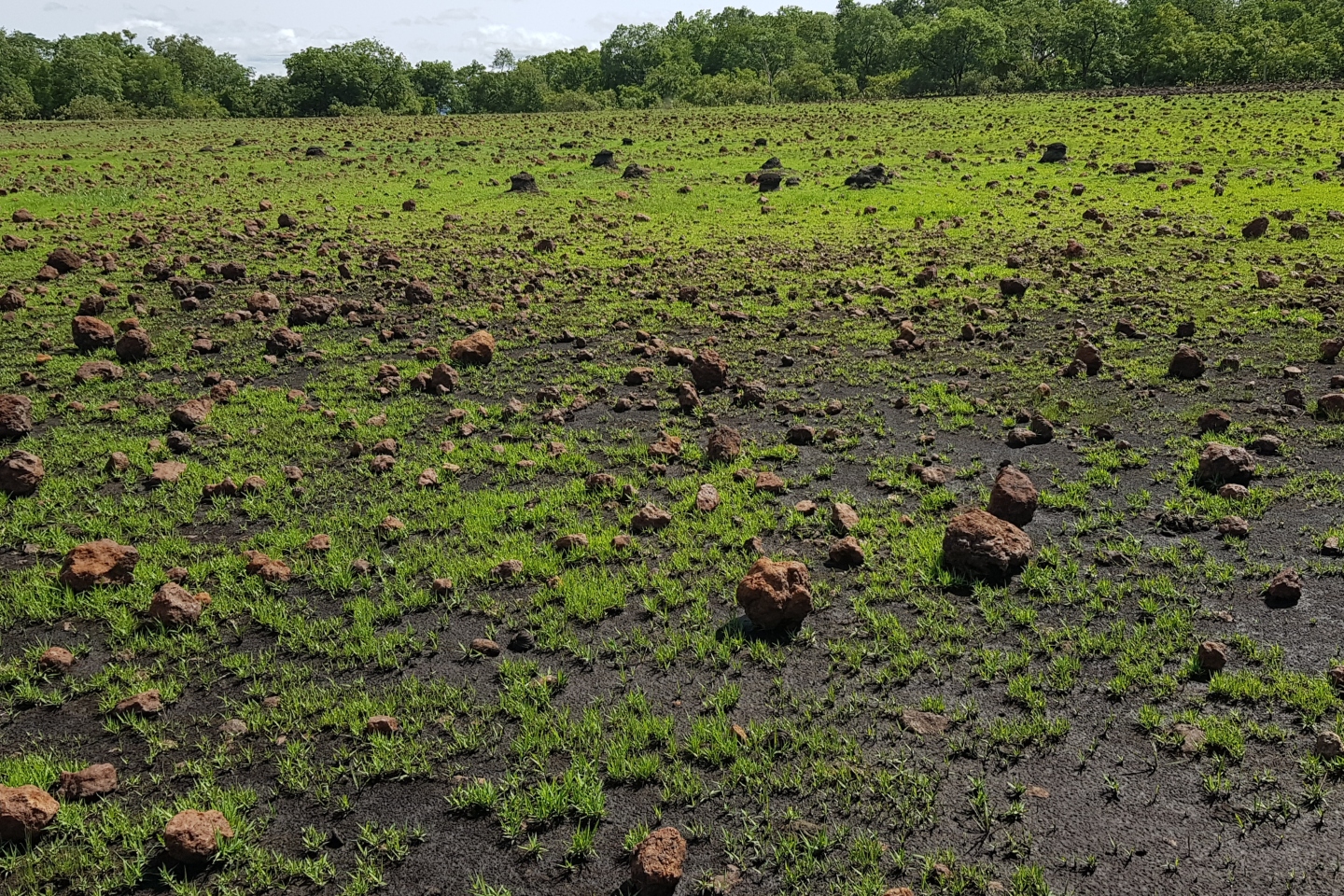Lindian Resources has unveiled a massive exploration target for its Kangankunde rare earths project in Malawi, with the upper echelon of the figure more than three times its already-significant mineral resource. The company recently revealed its maiden mineral resource estimate for Kangankunde, outlining 261 million tonnes at an impressive grade of 2.19 per cent total rare earth oxides (TREO).


Lindian Resources has unveiled a massive exploration target for its Kangankunde rare earths project in Malawi, with the upper echelon of the figure more than three times its already-significant mineral resource.
The company recently revealed its maiden mineral resource estimate for Kangankunde, outlining 261 million tonnes at an impressive grade of 2.19 per cent total rare earth oxide (TREO). Management has highlighted a lower-end exploration target of 400 million tonnes at 2 per cent TREO, with an upper range figure at a whopping 800 million tonnes grading 2.7 per cent TREO for its central carbonatite prospect.
Lindian says the exploration target potential and mineral resource estimate establishes Kangankunde as one of the world’s biggest rare earths deposits, based on a globally-recognised mineral reporting code. However, it adds that the potential quantity and grade of the exploration target is conceptual in nature and is therefore still an approximation.
Management says the new target has been considered following the successful phase-two deep drilling program that showed the continuity of high-grade rare earths mineralisation up to 800m beneath the limits of the mineral resource estimate. The deep drilling program threw up some impressive figures, with an 853.6m hit grading 2.73 per cent TREO from 52m and 1000m grading 2.6 per cent TREO, including 805.26m going 2.9 per cent TREO from 152.85m.
Lindian Resources chief executive officer Alistair Stephens said: “Kangankunde is now firmly established in a class of rare earths projects that are regarded as the very best in the world, as defined by scale, grade and the quality of the resource. The scale of this asset is simply astounding with additional exploration upside at depth and across the broader lease area which remains unexplored.”
Management states the new target is based on the current geological understanding of the mineralisation geometry that is supported by more than 17,000m of drilling, resource estimation modelling and surface mapping. But it does not consider factors related to geological complexity, possible mining method or metallurgical recovery factors.
The current mineral resource shows 5.7 million tonnes of contained TREO in the inferred category. An estimated 1.2 million tonnes comprises the critical neodymium-praseodymium (Nd-Pr) element, coupling for an average content amounting to about 21 percent of the overall resource estimate.
Lindian is close to completion of a phase-three infill drilling campaign at Kangankunde that is aimed at defining a portion of the current inferred resource as indicated to feed mine development feasibility studies.
Last month, the Australian Nuclear Science and Technology Organisation (ANSTO) confirmed Kangankunde rare earths mineral concentrates, which have been produced at 66 per cent TREO, are not classified as radioactive, meaning the company can avoid complicated and costly transport options.
Lindian also signed a maiden sale and purchase contract with global commodity trader Gerald Metals, part of the Gerald Group, for monazite rare earths concentrate from its Kangankunde project in Malawi. Management says the deal provides for the supply and sale of 45,000 tonnes of monazite concentrate from the stage-one development of the Kangankunde operation during a five-year period.
Is your ASX-listed company doing something interesting? Contact: matt.birney@businessnews.com.au












